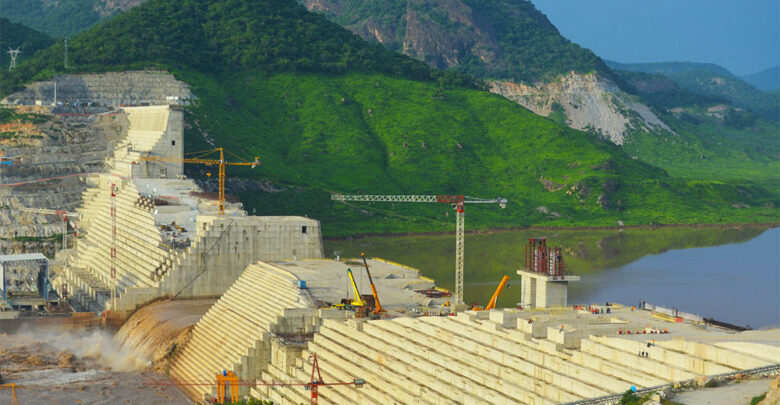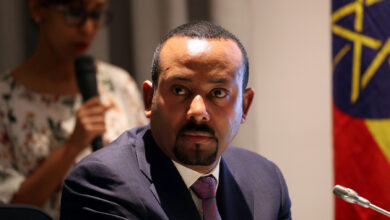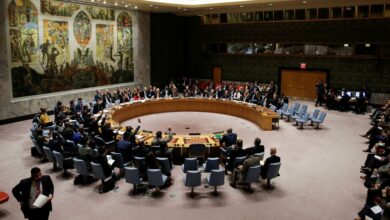
Ethiopian Prime Minister Abiy Ahmed on Friday told the United Nations that his country does not intend to harm Sudan and Egypt with a giant hydropower Nile dam that has led to water disputes between the three countries, reported Reuters.
The three countries failed to reach a deal on the operation of the Grand Ethiopian Renaissance Dam (GERD) before Ethiopia began filling the reservoir behind the dam in July.
Previous negotiation talks failed over Egypt and Sudan’s demand that any deal should be legally binding concerned with the mechanism for resolving future disputes, and over how to manage the dam during periods of reduced rainfall or drought. The countries have now returned to African Union-led mediation.
“I want to make it abundantly clear that we have no intention to harm these countries,” the Ethiopian prime minister told the 193-member UN General Assembly in a video statement. “We are steadfast in our commitment to addressing the concerns of downstream countries and reaching a mutually beneficial outcome in the context of the ongoing AU-led process.”
Nobel Peace Laureate Abiy told the United Nations that the project contributes to the conservation of water resources, which would otherwise have been lost to evaporation in downstream countries.
The Ethiopian prime minister said whatever the government is doing is trying to meet the country’s electricity demands from one of the cleanest sources of energy. He added that the government cannot afford to continue keeping more than 65 million of the country’s people in the dark.
On Tuesday, Egyptian President Abdel Fattah al-Sisi also expressed his concern about the project when he addressed the United Nations.
He said the Nile River must not be monopolized by any one state. He added that the Nile water is an existential matter for his country.
Egypt, which is dependent on the Nile for more than 90% of its scarce freshwater supplies, fears that the GERD could have a devastating effect on its economy.






